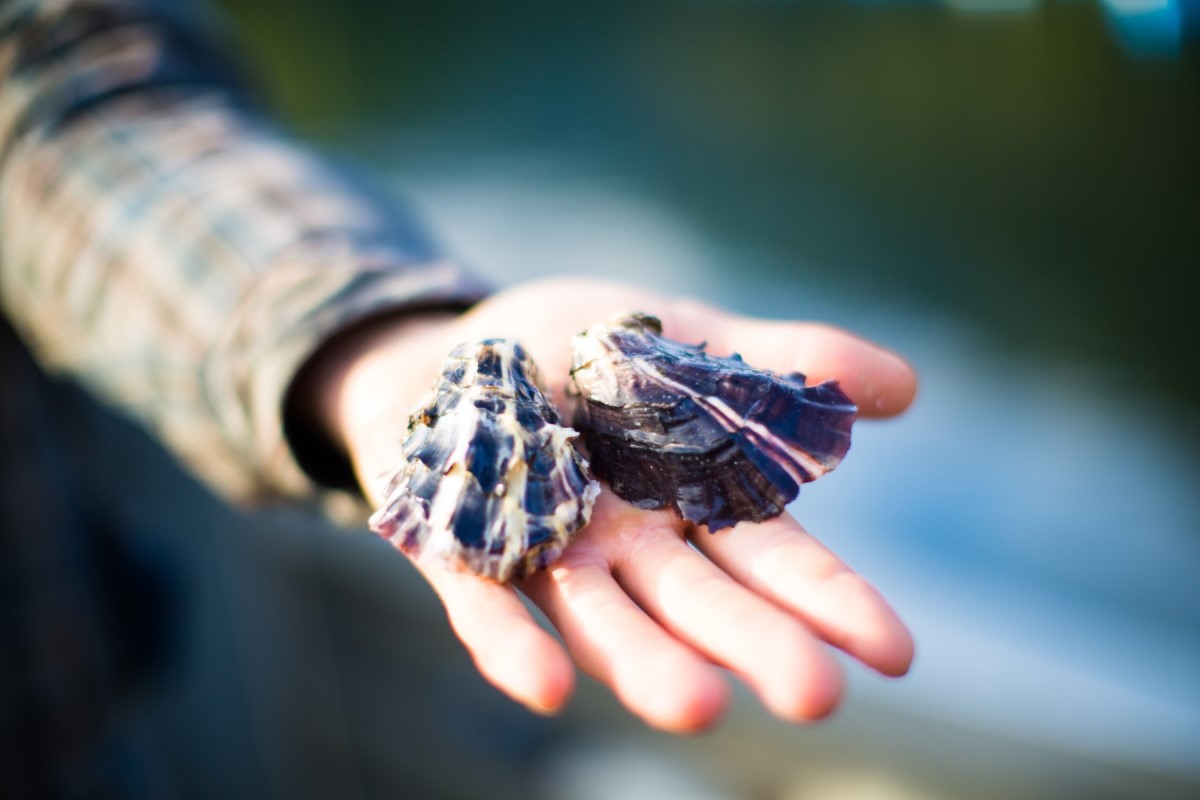Quality
Oysters are processed through a federally licensed processing plant governed by the Canadian Food Inspection Agency.
Risk Management
Testing for the following naturally occurring marine biotoxins is conducted by CFIA on a biweekly (winter) and weekly (summer) basis. Results are available online here.
- Paralytic Shellfish Poisoning (PSP)
- Amnesic shellfish poisoning (ASP)
- Diarrhetic shellfish poisoning (DSP)
What is PSP? PSP is a naturally occurring marine biotoxin that is produced by some species of microscopic algae. Shellfish (oysters, clams, lobster, crabs) eat these algae and can retain the toxin.
What is ASP? ASP is caused by domoic acid, a naturally occurring acid which is produced by some marine algae. Domoic acid can accumulate in a number of filter-feeding bivalve molluscan shellfish such as clams, mussels, scallops and oysters. It is extremely rare.
What is DSP? DSP is an illness caused by naturally occuring toxins that are produced by certain microscopic plants. It is extremely rare.
In addition, we also submit samples to a third party accredited laboratory to test for the following:
- Escherichia coli (E. coli)
- Vibrio parahaemolyticus (Vp)
What is E. coli? E. coli is a bacteria that can enter the water from surrounding urban and rural areas from people and animals. It can also be transferred from people who are ill and have poor hygiene practices. E. coil is can often be used as an indicator of Norovirus.
What is Vp? Vp is a naturally occurring bacteria found in estuaries throughout the world. It is known to occur in some Canadian coastal waters. This bacteria is known to grow rapidly when temperatures exceed 15 degrees C. Barkley Sound is a historically low risk location for Vp. Vp can be controlled by farmers and customers with good temperature control practices.
We are happy to share the results of these tests with customers upon request.

